
While the United States set the standard for quality pet food long ago, several other countries have stepped into the ring. With premium ingredients, strong quality standards, and commitment to sustainability, Canadian pet food companies give US-based brands a run for their money.
But which products are the best for your cat? We’re bringing you a list of the highest-quality cat foods available in Canada. All products we recommend are based on personal experience, customer reviews, customer feedback, and a lot of research.
At A Glance: Best Cat Food To Buy In Canada




Want a quick look at the best cat foods reviewed in this article? In the comparison table below, we’ve highlighted some of the most important features of each product. You’ll find more detailed information about each product later in the article.
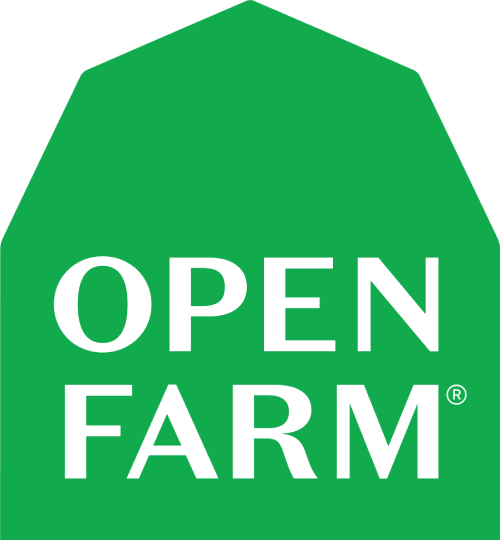
Open Farm Herring and Mackerel Rustic Blend Wet Cat Food
- Rich in species-appropriate animal protein
- Packaging is reclosable and recyclable
- Highly digestible, rich in moisture for hydration

FirstMate Chicken Formula Limited Ingredient Grain-Free Canned Cat Food
- Limited list of simple, digestible ingredients
- Rich in high-quality animal protein
- Plenty of moisture to support your cat’s hydration

Dr. Marty Nature’s Feast Freeze-Dried Raw Cat Food
- Rich in species-appropriate animal protein
- Freeze-dried to retain flavor and nutritional value
- Covered by a 90-day money-back guarantee
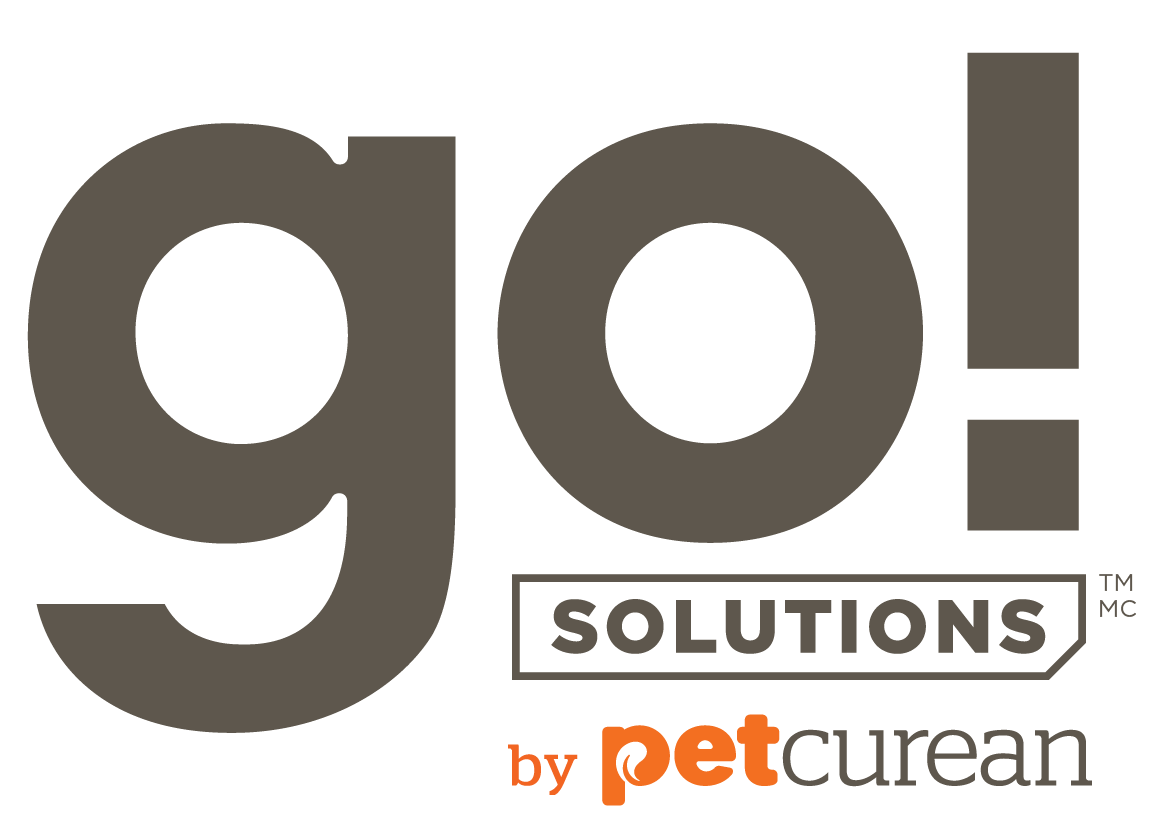
Go! Solutions Carnivore Grain-Free Chicken, Turkey + Duck Pate Cat Food
- Packed with high-quality sources of animal protein
- Rich in moisture, easily digestible for cats
- Supplemented with salmon oil for omega-3 fatty acids

Smack Purrfect Pork Raw Dehydrated Cat Food
- Made with all-natural, humanely raised pork
- Includes nutrient-rich organ meats
- Dehydrated at low temperatures to preserve nutrition
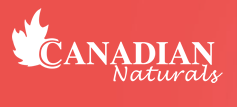
Canadian Naturals Turkey & Salmon Recipe Dry Cat Food
- Made with regional, non-GMO ingredients
- Multiple sources of high-quality animal protein
- Supplemented with probiotics for healthy digestion
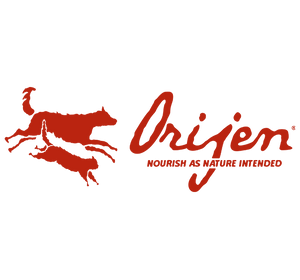
Orijen Original Grain-Free Dry Cat Food
- Packed with high-quality sources of animal protein
- Contains nutrient-rich organ meats
- Rich in anti-inflammatory omega-3 fatty acids
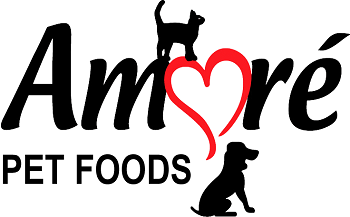
Amore Cat MEGA Morsels Beef Recipe Air Dried Cat Food
- Made with biologically appropriate muscle meat and organs
- Free from fillers, by-products, and artificial additives
- Locally sourced ingredients including free-range meat and eggs

Young Again ZERO Cat and Kitten Formula
- High in animal-based proteins from three sources
- Virtually no carbohydrate content
- Animal-based sources of essential fatty acids
Why Trust Cats.com
I’ve spent the past four years studying feline nutrition and have tested hundreds of cat food formulas, but mostly US brands. To write this guide, I began by researching the Canadian pet food industry to get an understanding of how the manufacture, importation, and exportation of pet food is regulated. From there, I performed an in-depth search to identify the best pet food brands made in Canada.
Relying on manufacturer websites, third-party review sites, in-depth customer reviews, and product information, I narrowed down the options. The brands I’ve selected produce high-quality, species-appropriate diets for cats and have a strong history of customer satisfaction. All of the products featured here have been personally purchased and tested by members of our team.
What Makes Canadian Cat Food Different?
While it’s easy to stick to what’s familiar, what’s familiar isn’t always best. Consumers in the United States demonstrate strong brand loyalty, and we love to see that “Made in the USA” callout on a label.
But as a responsible pet parent, all you want is what’s best for your cat. While shopping around for high-quality cat food, you may come across big-name brands made in Canada and find yourself wondering: what’s the difference?
Functionally speaking, there is little difference between American cat food and Canadian cat food.
All cats have the same nutritional requirements, so commercial cat foods are all formulated to meet your cat’s nutritional needs. In fact, the voluntary organization that promotes pet food nutritional standards in Canada uses the standards set by AAFCO.
That being said, not every country has the same manufacturing regulations as the United States.
We’ll talk more about how Canada’s pet food industry is regulated later in this article, but for now suffice it to say that Canada does have a federal regulatory agency that oversees the manufacture, labeling, and sale of both human and pet food products.
For now, however, let’s talk about a few details that make Canadian pet food different.
First and foremost, Canada has different natural resources than the United States which means you may see a focus on different ingredients, especially proteins. It’s not uncommon for Canadian pet food to feature a lot of fish and seafood as well as poultry like duck and game meats like venison.
You may also notice that many of the top-shelf Canadian pet food companies focus on sustainability and ethical sourcing of ingredients.
It’s no secret that Canada is head and shoulders above the United States when it comes to sustainability. While statistics vary from one province to another, 79% of Canada’s electricity comes from eco-friendly sources. By 2025, vehicle greenhouse gasses are expected to be half of what they were in 2008. If you’re looking for an eco-friendly pet food company, Canada is a great place to start your search.
There’s a lot to love about Canadian pet food companies, but it’s always your job as a responsible pet owner to make an informed decision. We’re here to help you learn the ins and outs of the Canadian pet food industry and to introduce you to some of the best cat food in Canada.
The Best Cat Food In Canada: Our Top Picks
Now that you have a better understanding of what sets Canadian cat food apart, you may be curious to learn more about some of the specific brands. Below you’ll find a list of some of our favorite Canadian pet food companies with a quick recipe review from each brand.
Best Cat Foods In Canada: Comparison Table
| Product Name | Open Farm Herring and Mackerel Rustic Blend Wet Cat Food | FirstMate Chicken Formula Limited Ingredient Grain-Free Canned Cat Food | Dr. Marty Nature’s Feast Freeze-Dried Raw Cat Food | Go! Solutions Carnivore Grain-Free Chicken, Turkey + Duck Pate Cat Food | Smack Purrfect Pork Raw Dehydrated Cat Food | Canadian Naturals Turkey & Salmon Recipe Dry Cat Food | Orijen Original Grain-Free Dry Cat Food | Amore Cat MEGA Morsels Beef Recipe Air Dried Cat Food | Young Again ZERO Cat and Kitten Formula |
| Primary Protein | Herring, Mackerel | Chicken | Salmon | Chicken | Pork | Turkey | Chicken | Beef | Chicken |
| Guaranteed Protein | 8.1% | 9% | 37% | 10% | 40% | 32% | 40% | 32.2% | 54% |
| Ash | 1.43 | 2.3 | 8 | N/A | N/A | 3 | N/A | 5.5 | |
| Calcium | 0.19 | 0.3 | N/A | 2.1 | 1.9 | 1.7 | 1.4 | 632 mg/25g | 1.24 |
| Phosphorus | 0.16 | 0.3 | N/A | 0.3 | 1.22 | 1.1 | 1 | 171.5 mg/25g | 0.81 |
| Calories Per Ounce | 27 | 25 | 133 | 28 | 129 | 111 | 115 | 528 | 125 |
| Cost Per Day | $4.2 per day | $3.14 per day | $3.39 per day | $3.87 per day | $3.48 per day | $0.65 per day | $0.68 per day | $1.33 per day | $0.89 per day |
How Is Canadian Cat Food Regulated?
In the United States, the U.S. Food and Drug Administration (FDA) has the final say when it comes to the manufacture and marketing of most food products, both for people and pets. The Association of American Feed Control Officials (AAFCO) has set the standard for what is considered “complete and balanced” for dogs and cats, though they don’t have any regulatory power.
Organizations like these help keep American pets safe and help American pet owners make smarter choices about what they feed their pets. So, what’s the Canadian equivalent?
While the FDA’s reach doesn’t extend beyond U.S. borders, Canada has their own industry watchdogs.
The Canadian Food Inspection Agency (CFIA) is “dedicated to safeguarding food, animals and plants, which enhances the health and well-being of Canada’s people, environment, and economy.” The CFIA is a regulatory agency that was created in 1997 to consolidate the delivery of all food safety, animal health, and plant health regulations in the country.
It was created by combining three previously separate federal government departments:
- Agriculture and Agri-Food Canada
- Fisheries and Oceans Canada
- Health Canada
Like the FDA, it’s the CFIA’s responsibility to enforce the various acts and regulations that impact the food industry – that includes pet food. One of the primary regulations the CFIA is responsible for enforcing is the Food and Drugs Act. First passed in 1920 and revised in 1985, this act regulates the production, import, export, transport, and sale of food, drugs, contraceptive devices, and cosmetics.
But does the CFIA actually enforce any of these regulations? It’s unclear.
Over the past several years there have been several reports on Canada’s failure to regulate their pet food industry. A representative of the CFIA told a Global News reporter, “Pet food safety and hygiene are the responsibility of the pet food manufacturers.”
While regulations for pet food do exist, they appear to be much less detailed (and less strictly enforced) than the regulations for human products.
The CFIA doesn’t require inspection or verification of pet food products manufactured and sold in Canada. For products exported to the United States, manufacturers must provide documentation to U.S. regulatory authorities, though much of that documentation is based on honesty.
In the previously mentioned Global News Report, Dr. Daniel Joffe, national medical director of VCA Canada comments that, because Canada’s pet food industry is largely based on the honor system with a lack of enforcement, there’s room for dishonesty. Additionally, veterinarian Dr. Maureen Harper states that the fact that the industry is largely unregulated puts pets in harm’s way.
If Canadian pet owners can’t trust the CFIA to ensure the safety of pet food products, who can they trust? Some say the PFAC is the best place to turn.
Nutritional Adequacy of Canadian Pet Food
More specific to the pet food industry, the Pet Food Association of Canada (PFAC) is a voluntary organization that acts as the national voice of Canada’s pet food industry.
Much like AAFCO, the PFAC represents pet food manufacturers as well as the companies that supply the pet food industry with ingredients, products, and services. While the PFAC has no regulatory authority, it helps its members comply with federal regulations.
More importantly, they help their members follow AAFCO nutritional guidelines. What does that mean? Any Canadian pet food that meets PFAC requirements also conforms to AAFCO nutritional standards.
Keep your cat’s carnivorous needs in mind.
It’s important to keep in mind that American pet food companies are not required to seek AAFCO endorsement, but it certainly helps. Aside from adhering to AAFCO’s nutrient profiles, pet food companies can get the AAFCO stamp of nutritional adequacy by completing a food trial.
Here at Cats.com, we don’t consider AAFCO to be the ultimate authority on pet nutrition. While their cat nutrient profiles are supported by decades of research conducted by the National Research Council (NRC), they represent the minimum requirements for pet nutrition.
Your cat deserves better than the bare minimum.
While an AAFCO statement of nutritional adequacy is certainly a good place to start (and a great way to eliminate some really poor-quality pet foods), it’s still important to have an understanding of your cat’s nutritional needs and how different pet foods meet them – or don’t.
For example, AAFCO recommends a minimum crude protein content of 26% and crude fat of 9% for adult cats, based on a dry matter basis.
If you consider the fact that cats are obligate carnivores and biologically designed to subsist on a whole prey diet, your cat’s ideal diet is closer to 52% protein and 46% fat. Cats simply aren’t designed to consume a plant-based diet, though that’s what most commercial cat foods are.
The average commercial cat food contains as much as 55% carbohydrate.
If you want to feed your cat the kind of diet he’s designed to thrive on, your best bet is a properly formulated raw or homemade food. Fresh cat food offers exceptional quality as well. Unfortunately, all three of these options are pretty expensive and it’s not in every cat owner’s budget.
For those who want to support their cat’s long-term health and wellness with quality nutrition, there are still plenty of commercial options worth considering. If you live in Canada, some of those options are pretty great. Just take a closer look at some of the healthiest recommendations above!
Also Read:
- The 10 Best Dry Cat Food In Canada
- The 7 Best Wet Cat Food In Canada
- The 10 Best Cat Treats In Canada
- The Best Cat Insurance In Canada
Final Thoughts
As a responsible cat owner, your cat’s long-term health and wellness is your top priority. While regular vet appointments and adequate opportunities for exercise and enrichment are essential, the best thing you can do to support your cat’s wellness is to feed him a high-quality, nutritionally balanced diet.
No matter where your cat’s food is made, it’s important to ensure that it is nutritionally adequate and produced in accordance with federal standards for quality and safety. The trouble with Canadian pet food is that while federal regulations do exist, they don’t appear to be consistently enforced.
That leaves the ultimate responsibility on your shoulders.
As a pet owner, you must do your due diligence to choose a high-quality product from a reputable company. Don’t trust everything you read on the label, either. Review the company’s website to find information about ingredient sourcing, manufacturing processes, and quality assurance. Look for evidence of product recalls and spend some time reading customer reviews.
Want more? Check out our guide to the best cat food here.
Frequently Asked Questions
How do I know if a cat food is made in Canada?
While food regulations differ between the U.S. and Canada, you can expect pet food products to indicate their country of manufacture somewhere on the label. Many will say “Made in Canada” somewhere, or you’ll simply see the address for the brand listed. Keep in mind that some companies that are technically based in Canada, production might occur elsewhere.
Is Canadian cat food safe?
The production and sale of pet food is regulated in Canada by the CFIA, roughly equivalent to the FDA in the United States. Pet food manufacturers are required to adhere to certain standards for safety and quality, though there is some question whether the CFIA actually enforces those regulations. You can always check for Canadian pet food recalls through the Government of Canada’s website.
Is Canadian cat food healthy for my cat?
While quality may vary from one product to another, you can assume that any pet food product carrying a PFAC endorsement also meets AAFCO cat or dog nutrient profiles. Keep in mind that these profiles only account for the minimal nutritional requirements of pets and they do not have any bearing on the quality of the ingredients used to meet those requirements.
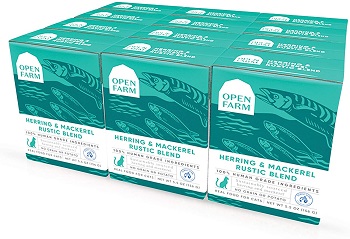
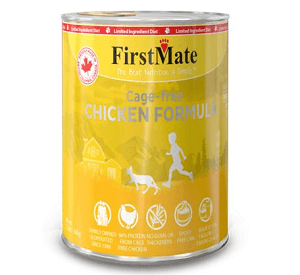
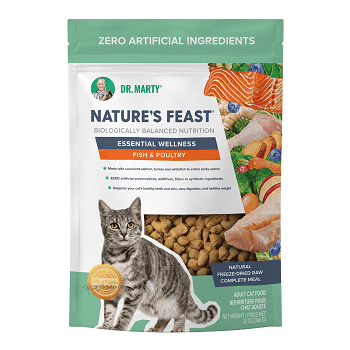
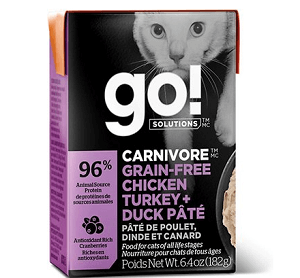
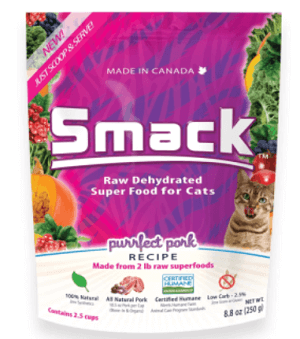
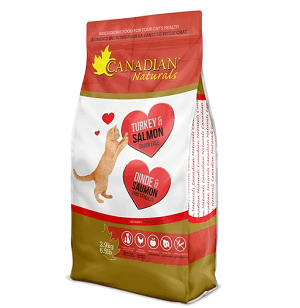
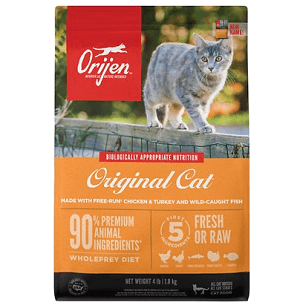
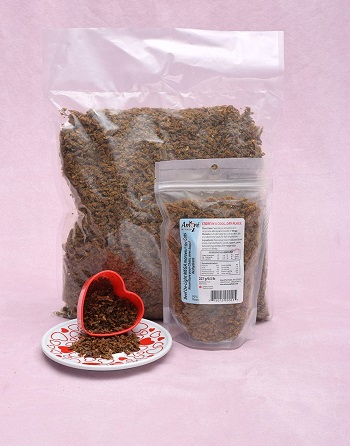
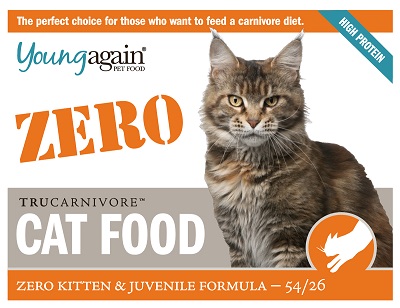









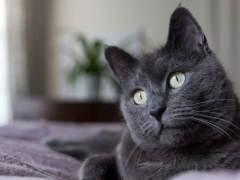
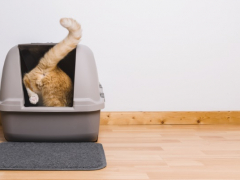
Hi Vera. Why is that always the answer that the animal protein within the food is the likely culprit for allergic responses to commercial pet food when it’s the only species appropriate ingredient? It seems logical that what’s triggering a reaction is contained within the long list of plant foods, plant based thickening agents and synthetic vitamins/minerals that are in 99.9% of commercial pet food (ESPECIALLY the over-priced carb loaded vet prescribed labels) Orijen has plant-based product and dry food is never a great choice for cats but seems to have solved the allergy problem. If Vera, you are still looking for an alternative I am assuming it’s to lower the expense. I’ve done the math and per calorie a Canadian manufactured raw frozen product is MUCH more affordable than can and dry products that claim to be high protein low carb quality products. They consistently and quickly resolve allergy issues. For convenience’s sake keep your cat accustomed to the occasional meal of 100% can or dry commercial pet food say once a week or as often as every other meal if their allergy and / or your budget can tolerate it. Raw frozen Canadian based manufacturers are mainstream and affordable now and head and shoulders above any can/dry product for long term health benefits. They must be handled safely within your home as you would with any raw meat product you have in your kitchen and that is why pet health professionals are reluctant to support them and therefore expose themselves to liability or licensing issues.
Open farm has quality ingredients. (Dry food)
My cat’s fur became soft, silky, and shiny eating this food. But it seems there may be an allergic reaction.
She is vigorously chewing off fur patches from her legs. Could be that each kibble is coated with mackerel oil. Also I wouldn’t feed her Open Farm Wet Canned Food due to the ingredient Agar agar.
So I’ve switched her to Orijen dry cat food.
But contains high amount of legumes . Not to pleased with this.
However so far the fur biting from her legs has ceased from Orijen dry food.
Is there any quality cat dry food with limited carbs and legumes, and no mackerel fish or oil ?
Hi Vera! It certainly sounds like an allergic reaction could be what’s happening. It’s typically the animal protein that triggers an allergy, however, not the fat. You never know exactly how these things are processed, however, so anything is possible. If you’re looking specifically for dry food, there are a few options on this list that don’t contain legumes or fish oils!
https://cats.com/best-dry-cat-food